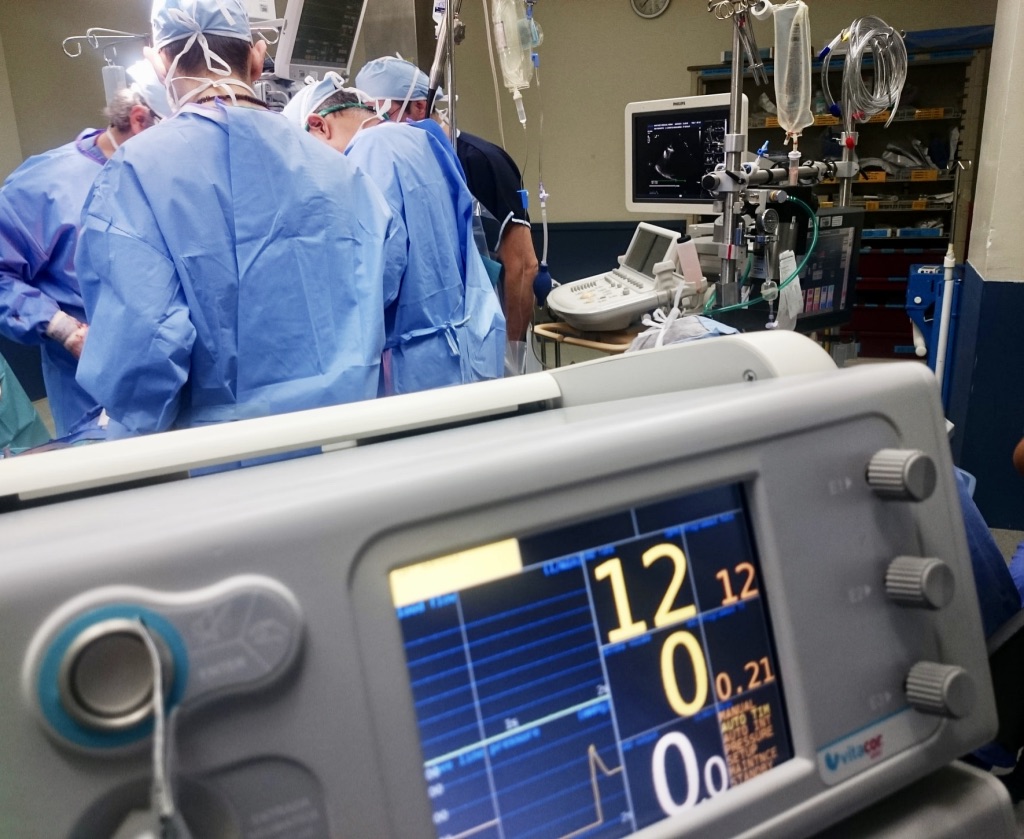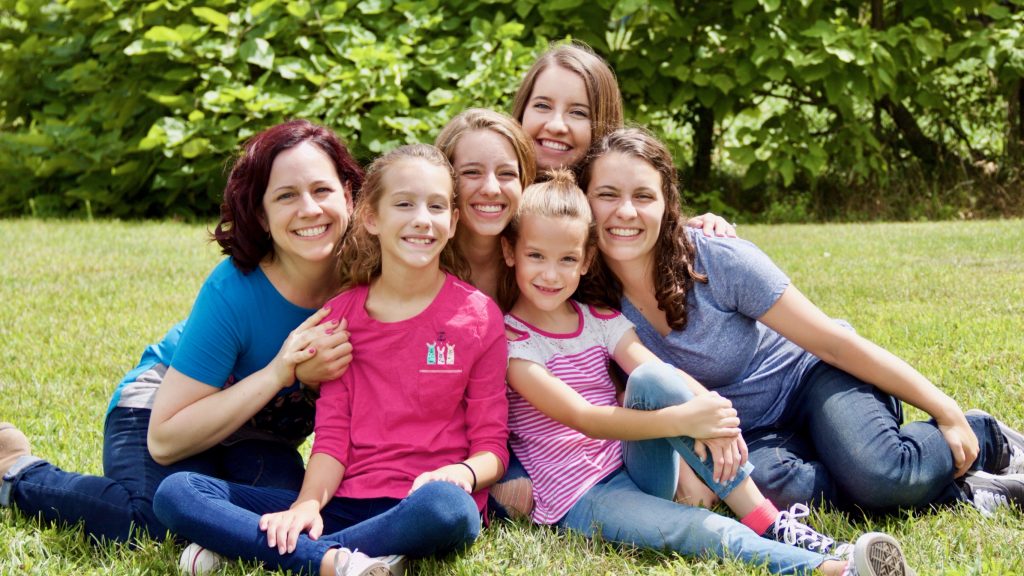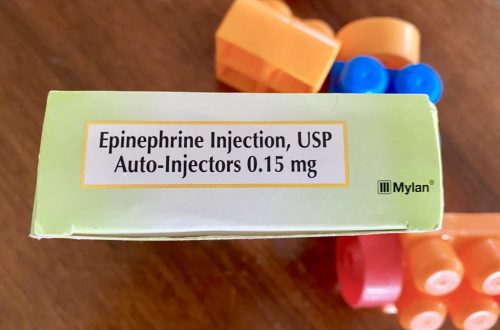
Covid-Related Emotions

Most of us have experienced an emotional roller coaster during the past few months of 2020. When the first news briefings began at the start of the year, all we heard about was a new virus plaguing our world – Coronavirus or Covid. Although the stories featured other countries like China, Korea, and Italy, we could imagine the angst of the people in those faraway lands. They were being quarantined and isolated from family members, friends, coworkers, and neighbors. People were getting sick with flu-like symptoms, and even dying, from this devastating virus. Our hearts ached for those affected and infected. We were fearful, yet optimistic, that it wouldn’t be as devastating here in the United States.
COVID-19 and 2020

As the first cases started popping up in America, a sense of urgency and panic began to take over. By March, our lives were being disrupted by schools closing and restaurants and offices shutting down. We were stuck in no man’s land where we weren’t sure what the next day would bring. Some lost jobs, others were forced to work from home while homeschooling their children. Told to lock ourselves indoors, we quickly realized our country was following the lead of those struck by the virus before us. And, our leaders couldn’t give us definite answers about the future.
We still have no cure for this virus – no vaccine – no answers. All we know is that the total number continues to rise, cases and deaths, and our only preventative measures are to social distance and wear a mask. With schools reopening for the new school year, our children are either remote learning or going to class wearing a mask all day. Questions about our safety and our children’s safety are still up in the air. We worry about the future and what it will look like. We worry about our jobs, our livelihoods, our physical and mental health. This is our new normal.
With all of the changes we’re experiencing today, it’s no wonder our emotions are all over the place. We’re experiencing feelings like sadness, fear, anger, loneliness, and ambiguity. It’s important to recognize that these are normal feelings during such uncharacteristic times. We must give ourselves permission to make it through each day as best as possible. We must learn to process our feelings and allow them to come and go as needed without judgement.
So many feelings

Some days, we may wake up refreshed and ready to tackle life’s challenges. Other days, we want to linger in the silence of our bedrooms a bit longer. Some days, we may want to try a new recipe for family dinner. Other days, we’re too exhausted to cook and decide to order in from a local restaurant. Some days, we may want to Zoom call or FaceTime with a friend. Other days, we just want to be left alone. The roller coaster of feelings that each day brings is a normal reaction to what’s happening in the world around us. The important part is to not get bogged down if you’re having a “bad” day. Allow yourself to have it. Give yourself the break you need to recharge and reset. And if it takes longer, that’s okay, too.
Most importantly, parents need to remember that we’re not alone. There are many people struggling with the daily ups and downs of emotions during these times. In fact, you may be feeling some depression-like symptoms, including: lack of energy or motivation, hopelessness, fatigue, and lack of appetite. These are to be expected.
Dealing with emotions

What can you do to help with these feelings? Experts agree that taking care of yourself and your loved ones can relieve stress during a pandemic. In fact, the Centers for Disease Control and Prevention (CDC) recommends the following ways to take care of yourself:
- Take breaks from watching, reading, or listening to news stories, including those on social media. Hearing about the pandemic repeatedly can be upsetting.
- Take care of your body:
- Take deep breaths, stretch, or meditate.
- Try to eat healthy, well-balanced meals.
- Exercise regularly.
- Get plenty of sleep.
- Avoid excessive alcohol and drug use.
- Make time to unwind. Try to do some other activities you enjoy:
- Connect with others. Talk with people you trust about your concerns and how you are feeling.
- Connect with your community or faith-based organizations. While social distancing measures are in place, consider connecting online, through social media, or by phone or mail.
Experiencing some depression-like feelings during this pandemic is completely normal, and it’s important to recognize and manage them in a healthy way. If at any time your symptoms worsen, be sure to speak to your healthcare provider. Your physician will be able to guide you in the right direction. Virtual therapy is a great option these days with mental health counselors providing therapeutic sessions online. Also, the CDC provides resources on their website to help people find a healthcare provider or treatment for substance use disorder and mental health at www.cdc.gov. Be sure to reach out for help if you need it.

Unfortunately, this virus isn’t going away any time soon, and our lives will continue to be disrupted. It’s imperative for us, as parents, to recognize these feelings and take care of ourselves in a loving, forgiving way. Remember, we’re the role models for our children, and they need to feel safe and connected to us during this pandemic. Taking care of yourself IS taking care of your kids. “To be a good parent, you need to take care of yourself so that you can have the physical and emotional energy to take care of your family.” — Michelle Obama
Have you experienced depression-like feelings during this pandemic? What are some of the ways you’ve managed them? Connect with us on Instagram @MapsCookingKids or on Twitter @MapsCookingKids. Until next time, Agape, be kind, and happy parenting.





